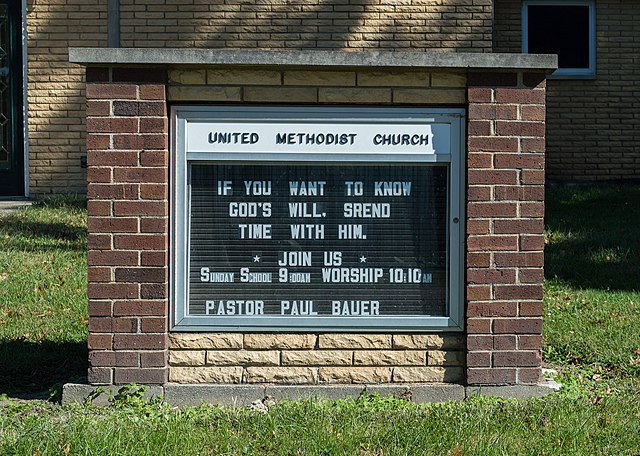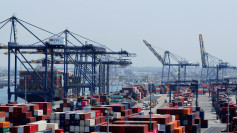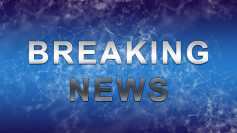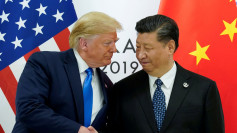The United Methodist Church (UMC) overturned its 40-year ban on gay clergy on Wednesday, marking a significant step toward LGBTQ inclusion within the denomination. The decision, made by the church's top legislative body during its General Conference in Charlotte, North Carolina, came in the form of a 692-51 vote to remove the prohibition on "self-avowed practicing homosexuals" from being ordained or appointed as ministers.
The overwhelming margin of the vote stands in stark contrast to the decades of controversy surrounding the issue. Previous General Conferences had consistently reinforced the ban and related penalties amid heated debates and protests. However, the departure of many conservative members who had previously upheld the ban in recent years has led to a more progressive direction for the church.
"It seemed like such a simple vote, but it carried so much weight and power, as 50 years of restricting the Holy Spirit's call on people's lives has been lifted," said Bishop Karen Oliveto, the first openly lesbian bishop in the UMC. "People can live fully into their call without fear. The church we've loved has found a home for us."
The change does not explicitly affirm or mandate LGBTQ clergy but rather removes the official prohibition. It is possible that the change will primarily apply to U.S. churches, as United Methodist bodies in other countries, particularly in Africa, have the right to impose their own regional rules. The measure takes effect immediately upon the conclusion of the General Conference, scheduled for Friday.
In addition to repealing the ban on gay clergy, delegates also approved a measure that forbids district superintendents from penalizing clergy for either performing or refraining from performing same-sex weddings. The measure also prohibits superintendents from forbidding a church from hosting a same-sex wedding or requiring it to do so.
These changes represent a significant shift in a denomination that has debated LGBTQ issues for more than half a century at its General Conferences. The vote follows the departure of more than 7,600 American congregations - roughly one-quarter of all UMC congregations in the U.S. - reflecting conservative dismay over the denomination's failure to enforce its LGBTQ bans.
LGBTQ advocates within the church celebrated the decision. Matt Patrick, co-pastor at the University United Methodist Church in Tulsa, Oklahoma, told CNN, "I did tear up this morning at the announcement of the vote because it was just a huge relief to see justice had been done after so many years. There's just been a lot of pain in order to get us to this place."
However, some conservative members expressed concerns about the changes. Rev. Jerry Kulah, a delegate from Liberia, called the conference actions "a serious drift away from the truth," stating that "the church is now buying into culture. The Bible has not changed, but the church has changed."
The conference also endorsed a regionalization plan last week that would essentially allow U.S. churches the same autonomy as other regions of the global church. This change, which still requires local ratification, could create a scenario where LGBTQ clergy and same-sex marriage are allowed in the United States but not in other regions, particularly in Africa, where more conservative sexual values prevail, and same-sex activity is criminalized in some countries.






